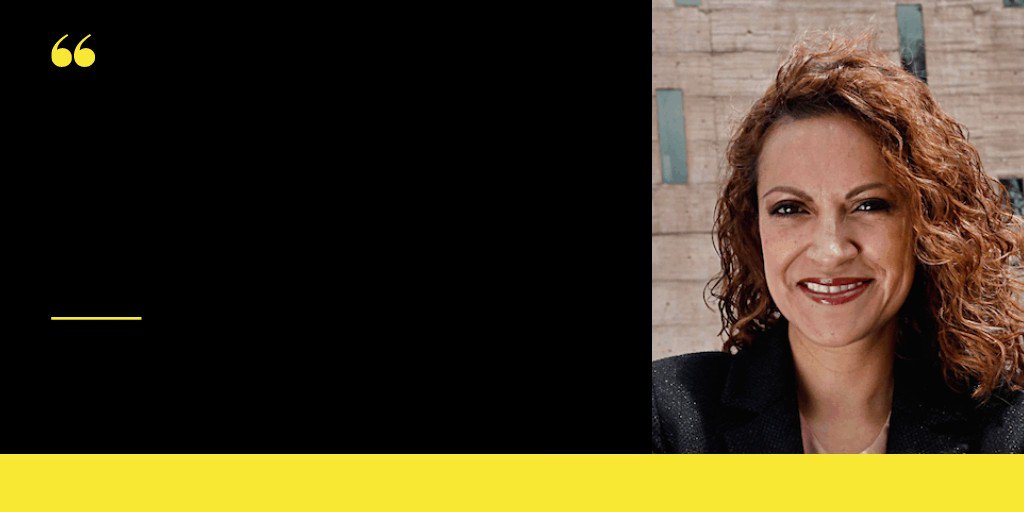Jyoti
5:00
5:01
5:03
5:05
5:06
5:06
5:08
5:09
5:10
5:10
5:11
5:13
5:13
5:14
5:15
5:16
5:17
5:18
5:20
5:20
5:22
5:38
5:38
5:38
5:40
5:40
5:41
5:42
5:43
5:45
5:45
5:47
5:47
5:47
5:48
5:50
5:51
5:52
5:52
5:53
Connecting…









